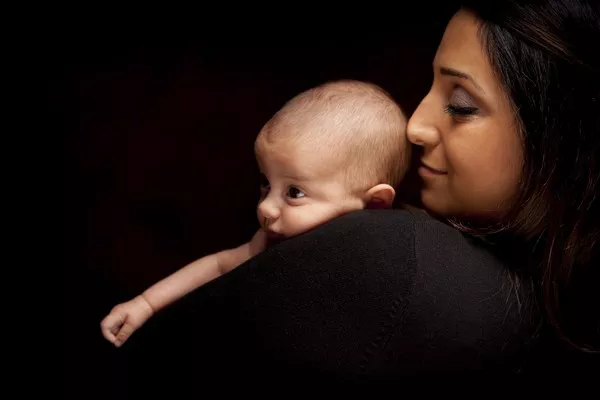As parents, we always want the best for our little ones, and one common question that often arises is whether babies should wear shoes all day. This article aims to provide a thorough exploration of this topic, shedding light on the factors to consider when choosing baby shoes, their impact on development, and the appropriate times for babies to wear shoes. Let’s delve into this important aspect of early childhood development and make informed decisions for our precious ones.
The Importance of Proper Footwear for Babies
When it comes to babies’ footwear, choosing the right shoes is crucial. While barefoot is ideal for natural foot development, there are circumstances where shoes are necessary for protection and support. High-quality baby shoes can offer insulation, protect tiny feet from sharp objects, and maintain a hygienic environment in public places. However, finding the right balance between shoe usage and barefoot experiences is key to promoting healthy development.
Understanding Foot Development in Infants
Babies’ feet are delicate and highly adaptable, going through significant changes during their first few years. To ensure proper foot development, it’s essential to understand the key stages of growth. Initially, a baby’s feet are mostly cartilage, gradually forming bones over time. Allowing babies to experience natural movements without shoes aids in muscle development and balance, crucial for crawling and walking milestones.
The Impact of Shoes on Baby Development
Wearing shoes excessively during critical development stages can hinder natural foot growth. Ill-fitting or rigid shoes might restrict movement and alter gait patterns, leading to potential foot deformities. Experts recommend that babies should be barefoot or wear soft, flexible shoes that mimic being barefoot to encourage proper muscle and bone formation. When selecting shoes, consider factors like size, material, and flexibility to provide optimal support without hampering foot development.
Optimal Times for Babies to Wear Shoes
Now that we understand the importance of foot development, let’s explore the appropriate times for babies to wear shoes. The general rule is that babies should spend most of their time barefoot while indoors. Allow them to explore their environment naturally and strengthen their foot muscles. When outdoors or in unfamiliar surroundings, it is advisable to provide protection with soft-soled shoes to prevent injuries.
Choosing the Right Shoes for Your Baby
When choosing baby shoes, prioritize comfort, flexibility, and proper fit. Soft, breathable materials like leather or fabric are ideal. Look for shoes with a wide toe box to allow natural toe splay. Avoid shoes with excessive arch support, as this may hinder natural foot arch development. Remember that babies outgrow shoes quickly, so check their size frequently to avoid cramped feet.
Caring for Your Baby’s Feet
Proper foot care is essential for babies, whether they wear shoes or not. Regularly inspect your baby’s feet for any signs of irritation or discomfort. Keep their feet clean and dry to prevent fungal infections. Trim their toenails carefully and avoid cutting them too short. If you notice any foot-related concerns, consult a pediatric podiatrist for expert advice.
Conclusion
In conclusion, the question of whether babies should wear shoes all day is best answered with a balanced approach. While it’s essential for babies to experience natural foot movements, there are instances when shoes are necessary for protection and support. Opt for soft, flexible shoes that allow your baby’s feet to grow naturally. Remember that each child is unique, so observe their development and adapt accordingly.
By following these guidelines, you can promote healthy foot development in your baby and provide them with the best foundation for a lifetime of mobility and activity. Always remember that well-informed decisions are the key to ensuring the well-being of your precious little ones.


